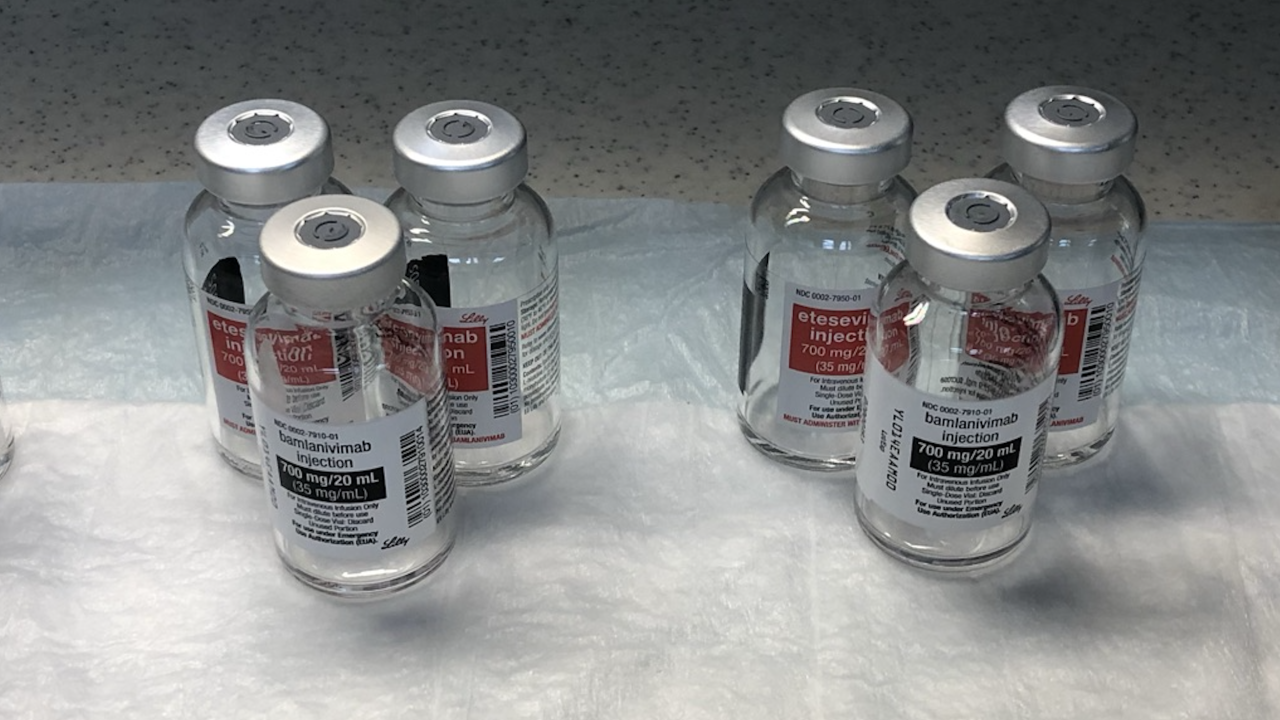BALTIMORE CO. MD (WMAR) — Monoclonal antibodies are credited with keeping thousands of Marylanders out of the hospital by preventing severe COVID-19 infection. That number now includes Baltimore County’s Marla Mulcahy.
She started feeling sick at the end of December. She got tested and was positive.
“You could have picked my jaw up off the floor. I was like me? Me? I couldn’t believe it because I go out of my way to be space because it’s my life,” said Mulcahy.
Her doctors were quick to get her monoclonal antibody treatment because she’s immunocompromised.
Mulcahy got a lung transplant five years ago and is on immunosuppression medication so her body doesn’t reject the organ. That also makes her more susceptible to severe COVID.
Monoclonal antibodies work just like the vaccines, triggering the immune system to learn how to fight off the virus.
The issue is not all people mount a good immune response from the vaccines, especially transplant recipients like Mulcahy, who even after three doses did not have lasting antibodies in her system.
“These monoclonal antibodies are the best we have to keep them alive; that if they should get infected by COVID, they’re gonna have the same opportunity to see COVID transformed into a cold and not into a life threatening disease,” said Johns Hopkins lung doctor Panagis Galiatsatos.
Gov. Larry Hogan has said there is a nationwide shortage for monoclonal antibodies, asking for federal action to increase distribution.
Dr. Galiatsatos said they haven’t felt supply issues because they are saving the treatments for certain people.
“If physicians are really allocating these resources to the right patients, such as those who are immunocompromised, we should have enough supply to meet the demand,” said Galiatsatos. “If you want antibodies, you’re siting her saying ‘I want them’ and you’re not immunocompromised, get them from the vaccine. That’s by far your best bet to maintain COVID as a cold and not as a life threatening disease.”
A few weeks after her treatment, Mulcahy is just dealing with a cough and fatigue.
“I feel very blessed,” said Mulcahy.
Now she’s asking people to wear masks properly to protect immunocompromised people like herself.
“You don’t know what you’re spewing out there into the world, you know and I wear a mask religiously because I have to,” said Mulcahy.





